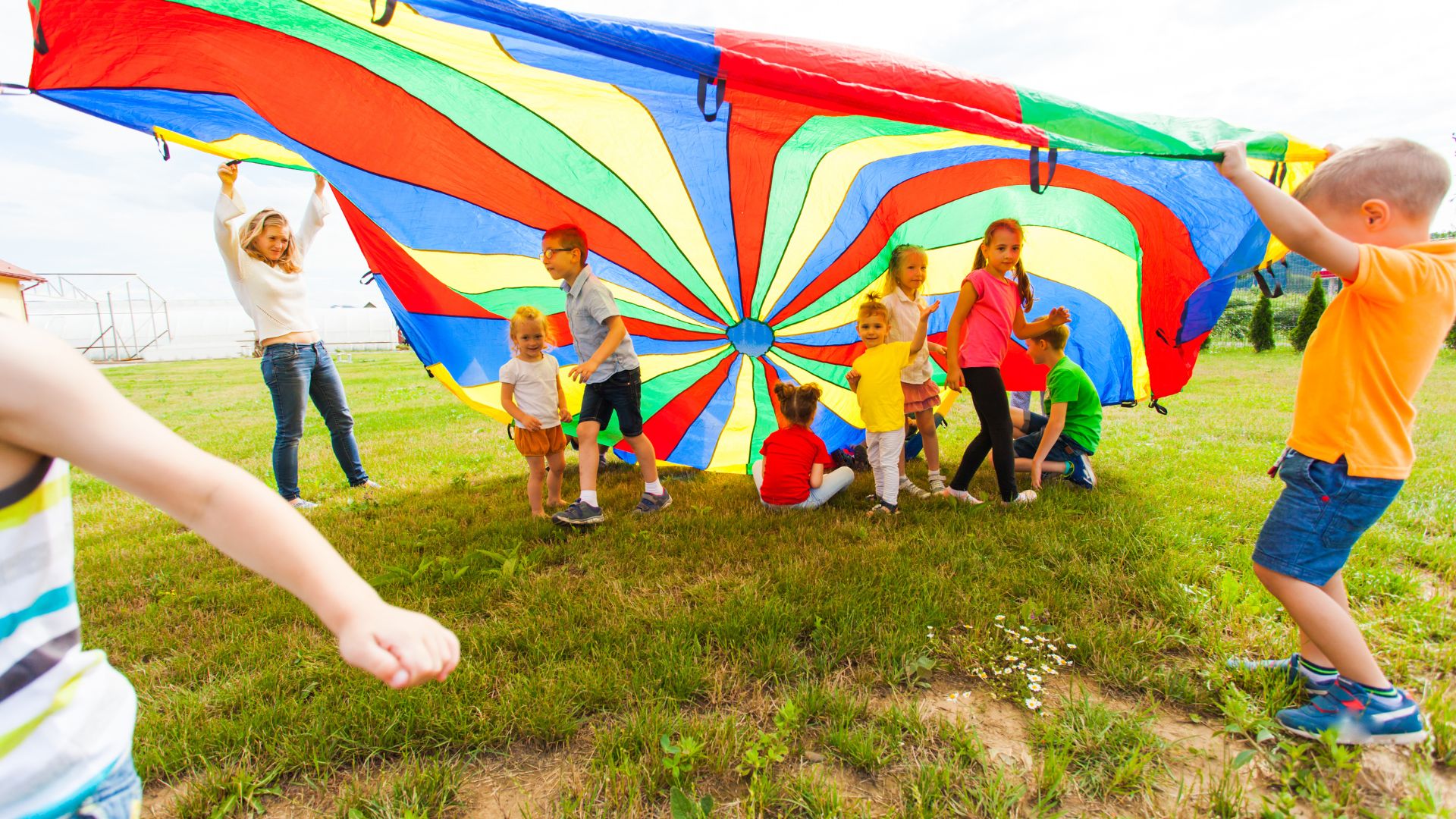Cooperative play, where children actively engage with each other in shared activities, is a vital stage in their development. From building friendships to honing communication skills, this collaborative play nurtures essential social abilities. Understanding the significance of cooperative play empowers parents to support their child’s social growth effectively.
Cooperative play serves as a cornerstone in children’s social development, providing them with invaluable opportunities for interaction and collaboration. As Maria Montessori aptly stated, “Play is the work of the child,” emphasizing the importance of these experiences in shaping a child’s worldview. Let’s delve into the world of cooperative play and explore how parents can nurture this critical stage in their child’s journey.
1. Cultivating Teamwork
Cooperative play encourages children to work together towards a common goal, fostering teamwork and collaboration. Whether they’re building forts or playing team sports, children learn to communicate, compromise, and problem-solve collectively. As American author Helen Keller once said, “Alone we can do so little; together we can do so much.”
2. Developing Social Skills
Engaging in cooperative play provides children with ample opportunities to develop essential social skills such as sharing, taking turns, and empathy. Through interactions with peers, children learn to navigate social dynamics, resolve conflicts, and build meaningful relationships. As developmental psychologist Lev Vygotsky observed, “In play, a child is always above his average age, above his daily behavior; in play, it is as though he were a head taller than himself.”
3. Fostering Empathy and Inclusion:
Cooperative play promotes empathy and inclusion as children learn to consider others’ perspectives and feelings. By working together and valuing each other’s contributions, children develop a sense of empathy and respect for diversity. This fosters a supportive and inclusive environment where every child feels valued and accepted. As American educator Haim Ginott once remarked, “Children are like wet cement. Whatever falls on them makes an impression.”
Supporting Your Child’s Cooperative Play

As parents, there are several ways to support your child’s cooperative play experiences. Encourage opportunities for group activities and playdates where children can engage in collaborative play. Provide guidance on conflict resolution and model positive social behaviors, such as sharing and taking turns. Celebrate their achievements and emphasize the importance of teamwork and friendship.
In conclusion, cooperative play is a crucial stage in children’s development, fostering teamwork, social skills, and empathy. By embracing and supporting cooperative play experiences, parents empower their children to thrive in social settings and build meaningful relationships. As Maria Montessori eloquently expressed, “Play is the work of the child,” highlighting the profound impact of these playful interactions on a child’s holistic development. Let’s nurture the spirit of cooperation and camaraderie in our children, laying the foundation for a harmonious and inclusive society.


No responses yet